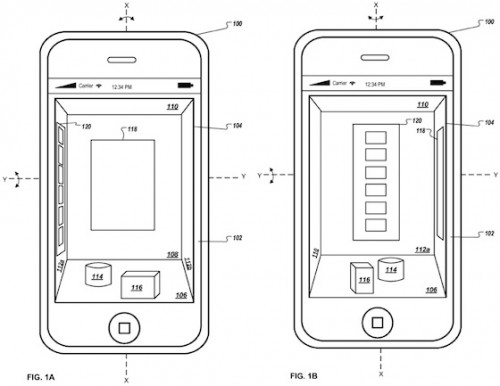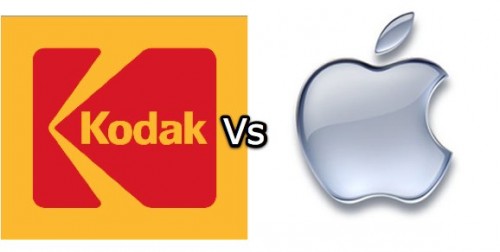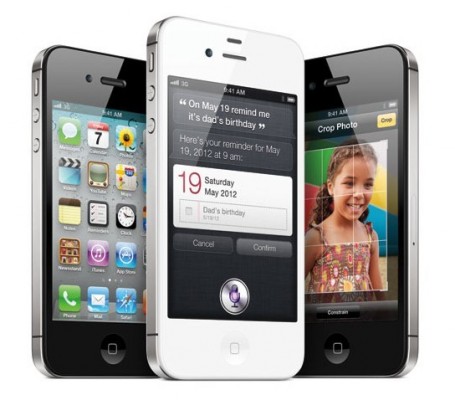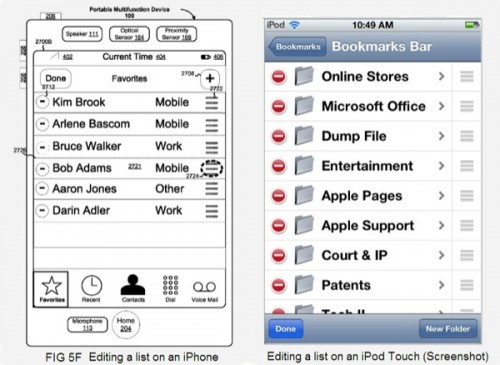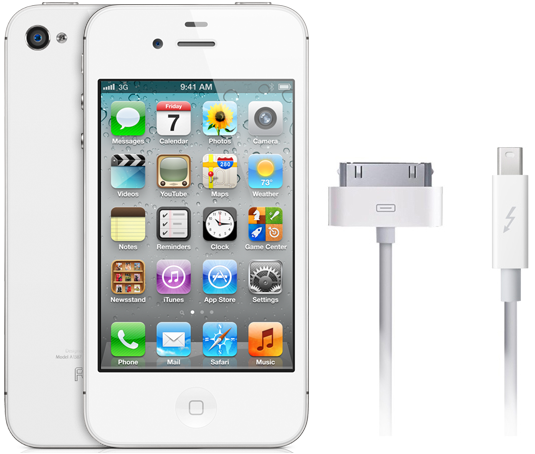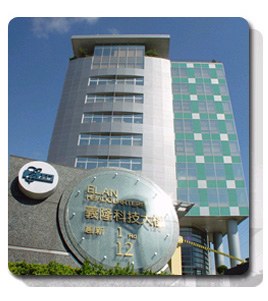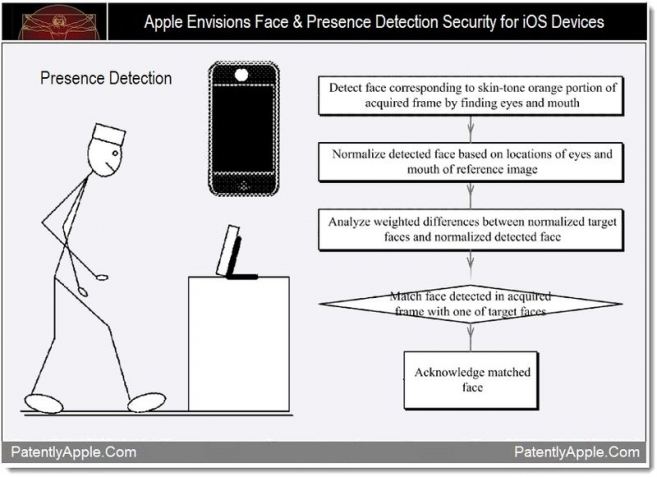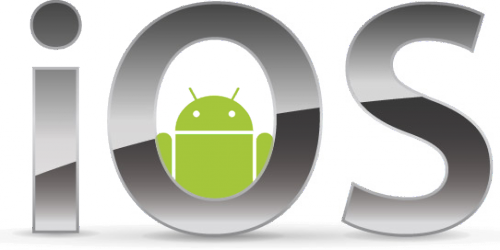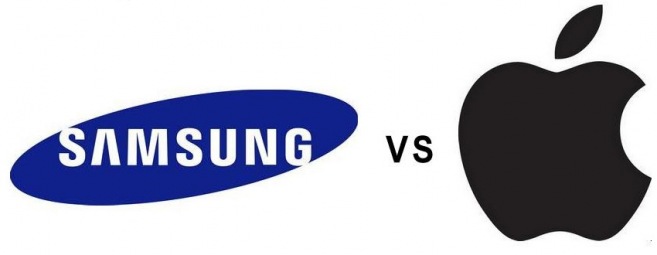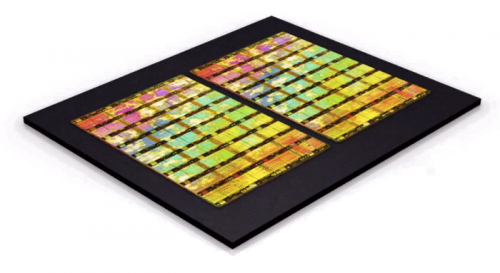News tagged ‘patent’
Apple targets Galaxy S II, 9 other Samsung smartphones in new German suit
Apple has filed a new suit in the Dusseldorf Regional Court against Samsung. The suit cites multiple patented designs owned by Apple in Europe. This time the company asked a German court to ban the sale of the Galaxy S II and nine other smartphones, along with five tablet models, including the Galaxy Tab 10.1 and its redesigned version the Galaxy Tab 10.1N – Samsung's attempt to overcome ban on tablet sales. As far as you remember, Samsung redesigned the tablet and renamed it. Those changes were apparently enough for the court in Germany, which indicated last month that the Galaxy Tab 10.1 is not likely to be banned from sale. The suit also targets Samsung's Galaxy S Plus in addition to the Galaxy S II.
ITC rules Motorola did not violate Apple patents
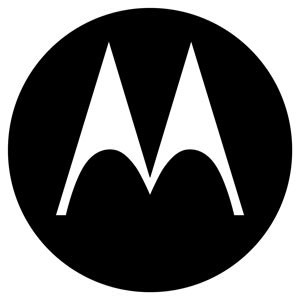
The U.S. International Trade Commission has ruled a couple of days ago that Motorola's Droid line of smartphones does not violate Apple's patents.
"We are pleased with today's favorable outcome for Motorola Mobility," Scott Offer, senior vice president and general counsel of Motorola Mobility, said in a statement. "Motorola Mobility has worked hard over the years to develop technology and build an industry-leading intellectual property portfolio. We are proud to leverage this broad and deep portfolio to create differentiated innovations that enhance the user experience."
Apple Researching Motion-Sensing Virtual 3D User Interface for iOS Devices
Patently Apple has discovered a newly-published patent application from Apple. The application describes the use of motion sensors to create a virtual three-dimensional interface for iOS devices. Such interface could be a co-called virtual room that could be navigated by changing the orientation of the device. Noteworthy, similar concepts are found in some augmented reality apps.
The invention covers a 3D display environment for mobile device that uses orientation data from one or more onboard sensors to automatically determine and display a perspective projection of the 3D display environment based on the orientation data without the user physically interacting with (e.g., touching) the display.
Apple awarded 676 patents in 2011

According to the U.S. Patent and Trademark Office, Apple was awarded a total of 676 patents in 2011. Now Apple is No. 39 among companies awarded inventions in the U.S., comparing with the last year result, when Apple won 563 patents and was ranked the No. 46 global company in terms of inventions.
The No. 1 inventor in America was IBM, which was awarded 6,180 patents in 2011. The second place belongs to Samsung, which won 4,894 inventions outside of its home country of Korea. The third place took Canon with 2,821 patents. Panasonic came in the fourth place with 2,559, while Toshiba took fifth with 2,483 inventions. Microsoft is in the sixth place, with 2,311 patents, Hewlett-Packard with 1,308 patents in 14th place, Intel with 1,244 patents in 16th place, and AT&T, whose 721 patents put it in 35th.
Kodak lawsuit accuses Apple of violating four patents
On Tuesday Kodak has filed lawsuits against Apple and HTC claiming infringement of patent violations regarding the sharing of digital pictures between various electronic devices. The claim accuses Apple of violating four digital photography patents Kodak said it obtained after "concluding it would be desirable for people to easily share pictures" from digital cameras without having to first upload them to a central PC. Apple and HTC are likely to cooperate with each other over the Kodak suit, although the companies are suing each other.
Essentially, any Apple product with a camera is affected by the proposed suit, but specifically cited examples include the iPad 2, iPhone 3G, iPhone 3GS, iPhone 4, iPhone 4S, and the iPod touch (4th generation).It is unclear whether software like Apple's Photo Stream, which allows digital images taken on one iDevice to be pushed to other devices through the company's iCloud, or other third-party apps that allow for image transfer over Bluetooth or WiFi are being targeted in the suit.
Samsung denied iPhone ban in Italy
Italian news agency ANSA published on Thursday a report where it revealed that an the Milan-based Italian first-instance court for patent cases has denied Samsung's request for a preliminary injunction against the iPhone 4S, making it the third time the South Korean electronics maker has failed to obtain a ban on Apple's newest handset in Europe.
The Italian court's rejection marks the third straight loss for Samsung in its effort to curb Apple handset sales in Europe, and follows similar decisions by France's Tribunal de Grande Instance de Paris in December 2011 and Dutch court Rechtbank's-Gravenhage's ruling in October.
Both companies are embroiled in a worldwide patent war, though thus far only Apple has seen success in its injunction requests and won bans against Samsung's Galaxy Tab 10.1 in Germany, Australia and the Netherlands.
However, Apple is only slightly ahead of Samsung. The Cupertino Company will have to pay Samsung a significant amount in damages if courts in those states find that the preliminary injunctions were improperly granted. As you may remember, the patent war erupted when Apple filed a suit against Samsung in April 2011, alleging that the South Korean company blatantly copied the look and feel of the iPhone and iPad. The war now spans over 10 countries across four continents.
Apple granted original list-editing iPhone patent, 13 others
The U.S. Patent and Trademark Office has granted Apple an original iPhone patent for editing lists by using touch gestures. Such technology gives an opportunity for inventions regarding use of the handset as a portable hard drive and a filing for the company's now defunct Bluetooth headset.
The original touchscreen patent, first filed for in June 2007, covers a method for displaying and managing lists on a portable multifunction device, and details a simple computer user interface controlled by finger gestures rather than a sequence of button presses and stylus touches. What the abstract describes is the basic list management system found on current iOS devices.
Included in the patent background is a look at the state of portable devices at the time, which Apple claimed "resorted to adding more pushbuttons, increasing the density of push buttons, overloading the functions of pushbuttons, or using complex menu systems to allow a user to access, store and manipulate data." A far cry from what the company eventually released in the original one-button iPhone.
The company explains that devices which rely on physical pushbuttons are inherently limited in their configurability, and that a conventional user may find it frustrating to operate such an inflexible interface.
Because such devices are designed to read the precise pinpoint contact of the stylus (when a user makes a selection on the touch screen with the stylus), making selections on the touch screen of the device without a stylus, for example, with a user's finger, can prove to be somewhat difficult.
Apple's New Patents Describe Various Aspects Of Thunderbolt Technology
United States Patent and Trademark Office published a series of patents () suggesting that Apple is attemting to possess as many Thunderbolt related patents and trademarks as possible despite the widespread impression that technology is a result of collaboration between Apple and Intel.
Apple Has Agreed To Pay $5 million To Settle Multi-Touch Patent Dispute With Elan
According to Reuter’s , Taiwan-based company Elan Microelectronics has announced a settlement of a patent dispute with Apple related to multi-touch technology. Elan states that Apple has agreed to cross-license some patents and pay $5 million to avoid future disputes regarding said intellectual property.
Apple Patent Describes Multi-User Face Detection System
Like the controversial face unlock functionality in Google’s Galaxy Nexus, a new Apple’s patent application points out that the company is developing similar but more sofisticated face detection solution. As PatentlyApple reports, Apple said that these user detection system could be included in a future MacBook, iPad, iPod touch and iPhone.
Read the rest of this entry »
Apple could collect $10 for every Android device sold
Kevin Rivette, managing partner at intellectual property firm 3LP Advisors LLC, said in an interview with Bloomberg that if Apple were to abandon its lawsuits against Android smartphone manufacturers and instead negotiate licensing fees for its patented technology, Apple could collect $10 for each Android device sold. But as far as we know Apple is not interested in licensing Apple's patented technology to Android manufacturers. Steve Jobs called the Android products as the “stolen” ones and wanted “to go thermonuclear war” against Android.
"A scorched-earth strategy is bad news because it doesn't optimize the value of their patents -- because people will get around them," Rivette told Bloomberg.
"It's like a dam. Using their patents to keep rivals out is like putting rocks in a stream. The stream is going to find a way around. Wouldn't it be better to direct where the water goes?"
Such approach makes mobile devices manufacturers to modify their infringing products and work around Apple's intellectual property. For example, earlier this month, the U.S. International Trade Commission found that HTC was in violation of an Apple patent related to "Data Detectors," but only a day later HTC said it was testing new devices that work around Apple's patent.
Apple’s Ongoing Patent Battle May Pose Risks For Its Shareholders
According to , Apple’s ongoing patent war with the manufacturers of Android-based devices has mixed results. Bloomberg wrote that Apple could cut its losses and earn 10$ per Android-based device sold if the company would reach settlements with its competitors.
Apple granted another key multitouch patent
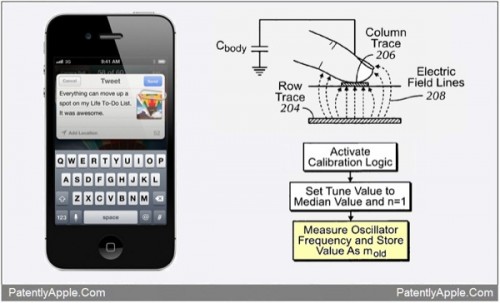
The United States Patent and Trademark Office published on Tuesday that Apple won a core multitouch patent that describes how touch events are recognized by a touchscreen device. The patent blog Patently Apple also noted that this patent was one of the "200+ Patents for new inventions" Jobs lauded when the iPhone first debuted in 2007.
The newly granted patent focuses on the oscillator signal and circuit of a touchscreen-equipped device, an integral invention directly related to how users interact with their multitouch products.
Apple states in the filing: "In general, multi-touch panels may be able to detect multiple touches (touch events or contact points) that occur at or about the same time, and identify and track their locations."
One way to record multiple touches is to generate an oscillating signal circuit that can power and clock inputs over a substrate as in a capacitive touchscreen display. But it is difficult to create a precise circuit-based oscillator. According to Apple's patent, the solution to capacitive touchscreen problem is to calibration logic circuitry which compares the signal oscillation against a reference signal and tunes the clock frequency accordingly. The invention provides for an accurate capacitive display that can not only sense multiple touches, but also detect hover or near touches which are also recognized as "touch events."
Apple reportedly closes Anobit purchase for $400M to $500M
According to Hebrew-language newspaper Calcalist, Apple finalized its acquisition of flash memory maker Anobit, which is said to have been recently informed their employees about the finalized deal. The final price remains unknown, but could be in between $400 million and $500 million.
The reported goal of Apple's acquisition of Anobit is to increase the amount of memory in its portable devices, like the iPhone, iPad and MacBook Air, as well as to improve the reliability of solid-state memory. Apple is now expected to build a development center in Haifa, where Intel, Google, Microsoft, Yahoo and Qualcomm also have facilities. The Anobit purchase is believed to be the first acquisition for Apple with Tim Cook as CEO.
Anobit is a 200-employee Israeli fabless semiconductor company that specializes in flash storage. Anobit has about 100 pending and granted patents, and was first founded in 2006. Apple is said to be particularly interested in the company's proprietary memory signal processing technology and planning to build a semiconductor development center in Israel.
Apple sues Samsung over patented iPad, iPhone case designs
Apparently, Apple and Samsung are not going to stop their war involving numerous lawsuits related to alleged patent and design infringement in their tablet and smartphone products. According to Bloomberg, this time Apple has sent a notice of infringement to Samsung over the company's tablet and smartphone cases. The company plans to pursue legal action
Apple Inc., which on Dec. 9 lost a bid to keep Samsung Electronics Co.’s Galaxy 10.1 tablet out of Australia, claims the case for the device and cases for Samsung phones infringe its patents and registered design.
Apple issued the notice of infringement to Samsung in Australia over the cases, and will file a statement of claim, Apple’s lawyer Stephen Burley said at a hearing in Sydney today. Samsung’s lawyer Katrina Howard said at the same hearing the company was served with the notice that the cases infringe at least 10 patents.
To be honest, Samsung’s "Smart Case" for the Galaxy Tab 10.1 closely resembles the iPad 2 Smart Cover. The company quickly clarified that the product was not in fact approved by Samsung and was immediately pulled before it had begun selling. Though Samsung offers several styles of cases for the Galaxy Tab 10.1 at that moment, it is not clear which one Apple is considering to infringe its case designs.
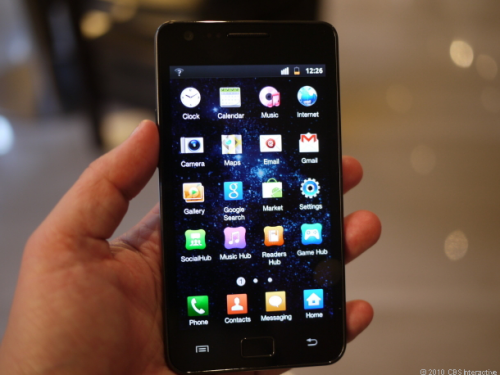
 Leave a comment
Leave a comment